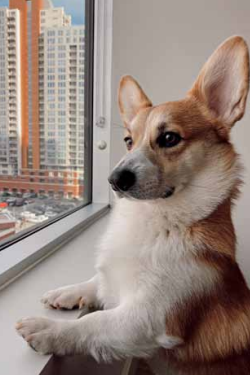
With most pet parents working from home, dogs across the country have been happily enjoying high levels of ‘humans being at home’. But what happens when we go back to work?
TEXT: TEAM BUDDY LIFE
How do you feel about the relaxation of the lockdown restrictions? Relieved? Anxious? If we could ask our furry friends the same question, we’re fairly certain their answers would put them in one of two camps – those who are looking forward to the peace and quiet and those dreading not being with us 24/7. If your pet falls into the first category, they’ll probably resume their daily napping-schedule quite happily. The pets (mostly dogs) who might struggle are those who rely heavily on contact with us in order to feel secure. Young dogs and puppies, who have never been left at home, might also feel anxious when their ‘pack’ (your family) start going back to school and work. Even dogs who previously managed well away from their humans will need considerate training to help them adapt to the ‘new normal’.
Separation Anxiety
Most dogs learn at an early age that when we leave the house, we’ll always return. Knowing this helps them to feel secure when they’re alone. Some dogs take longer than others to learn, and they feel anxious when they spend time away from us. Dogs who are scared of being left alone might express their anxiety by misbehaving. Some become destructive and chew household items or furniture; others become very vocal and bark or whine continuously until we return home – which will be distressing for them, and probably your neighbours too. With research suggesting that as many as 85% of dogs experience some form of separation anxiety, it’s critical that you are able to recognise the signs and help your dog to relax when you aren’t around. Separation anxiety in dogs can manifest itself in a variety of different ways, with varying severity.
- High activity levels when you are gone – running between windows and doors.
- Very low activity levels when you are gone – laying in their bed but not asleep or relaxed.
- Barking or howling.
- Destructive behaviours, including scrabbling at the doors or at their crates, chewing or destroying items or furniture, tipping over bins and more.
- Excessive drooling.
- Urination or defecation, especially if they are already house trained.
- Not eating food or treats left for them whilst you are out.
- Nervousness as you prepare to leave the house.
There are a few things we can do now to prepare our pets for the end of lockdown. These ideas might also help dogs who struggled with separation anxiety before the lockdown began.
Regular Routine
The current situation has rapidly evolved and required all of us to make dramatic changes to our lives. Like us, animals can find unpredictability and dramatic changes to routine stressful. Maintaining a regular schedule can reduce stress by ensuring your pooch has as normal a routine as possible. Keep to a schedule of feeding, exercise, toileting, rest and one-to-one time. If you are working from home, try to start and finish work at the same time each day and schedule breaks into your day. These breaks will allow you to connect with your pet. Scheduling activities into predictable time slots will also help your pet settle when you need to get some work done!
Encourage Independence
Many family dogs have been on more walks than ever before which is wonderful. However, it is also important to make sure our companion animals get some alone time. We suggest taking some walks without the dog, leaving them at home alone. If you have more than one dog, it may also be a good idea to occasionally walk them separately so that they are comfortable being apart. We can teach our pets to feel secure when we’re out by gradually spending longer periods of time away from them when we’re at home. This is especially important for dogs who like to physically touch or be near to us at all times…. our four-legged shadows!
- Spend time in a different room to your dog and gradually increase the length of time you’re apart. Don’t fuss your dog when you leave or when you return. By staying calm, you’re signalling to your dog that it’s no big deal for them to spend time alone.
- Encourage your dog to explore your garden, or outside space, alone.
- Make sure your dog takes naps in his/ her own bed and not always next to you on the couch.
- If you always leave your dog in the same room or area, use these spaces during daily family life. Your dog will be less worried about being left in a familiar space.
- Introduce interesting toys (such as food-filled chews) to your dog when you’re at home. Lengthen the time your dog has access to these ‘special’ toys while you gradually move away to other parts of your home. The benefits of this are twofold; your dog’s focus is directed away from you, and the action of chewing is something that relaxes most dogs.
Build Resilience
If your dog is particularly attached to one person, it’s a good idea to share the load of their daily care. This helps your dog to feel secure even when their favourite pack member isn’t at home. Ask other family members to become involved with your dog’s feeding, walking, snuggling and playtimes. Your dog will gradually learn to feel safe with whoever they’re spending time with. How else can we help our dogs adapt to life after lockdown?
Exercise
Studies have shown that the amount of daily exercise your dog gets is the biggest environmental factor impacting whether a dog will suffer from separation anxiety. With this in mind, try taking your pooch out for a walk before you plan to go out and feed them a small meal from their daily allowance when you get back. After their walk and a meal, they’ll generally be more settled and inclined to relax. But if you plan to increase your dog’s daily exercise after the lockdown has ended, make sure you do so gradually. We’ll all be trying to lose our lockdown-pounds and increasing the amount of exercise we do is a great way to achieve this. Make sure you and your dog take things slowly to avoid injuring body parts which haven’t been used for a while!
Familiar Smells
Your dog’s sense of smell is 40 times greater than yours, so it’s no surprise that comforting smells can make the world of difference. It’s the same reason breeders send a puppy to their new home with a blanket that has the smell of their mother and littermates. If your dog is missing you, try leaving out some of your dirty laundry – they will find the smell comforting and it will help them relax.
Create a safe space
It’s important that your dog has a safe space that they can go to, away from distractions. Make sure they have a comfy bed or covered den that is theirs, and ensure that they are never disturbed whilst they are in there. Encourage them to use it by placing puzzle toys or chews in there, particularly whilst you are busy around the house. This will teach them that it is a safe and rewarding place to be why you are busy or when they are alone.
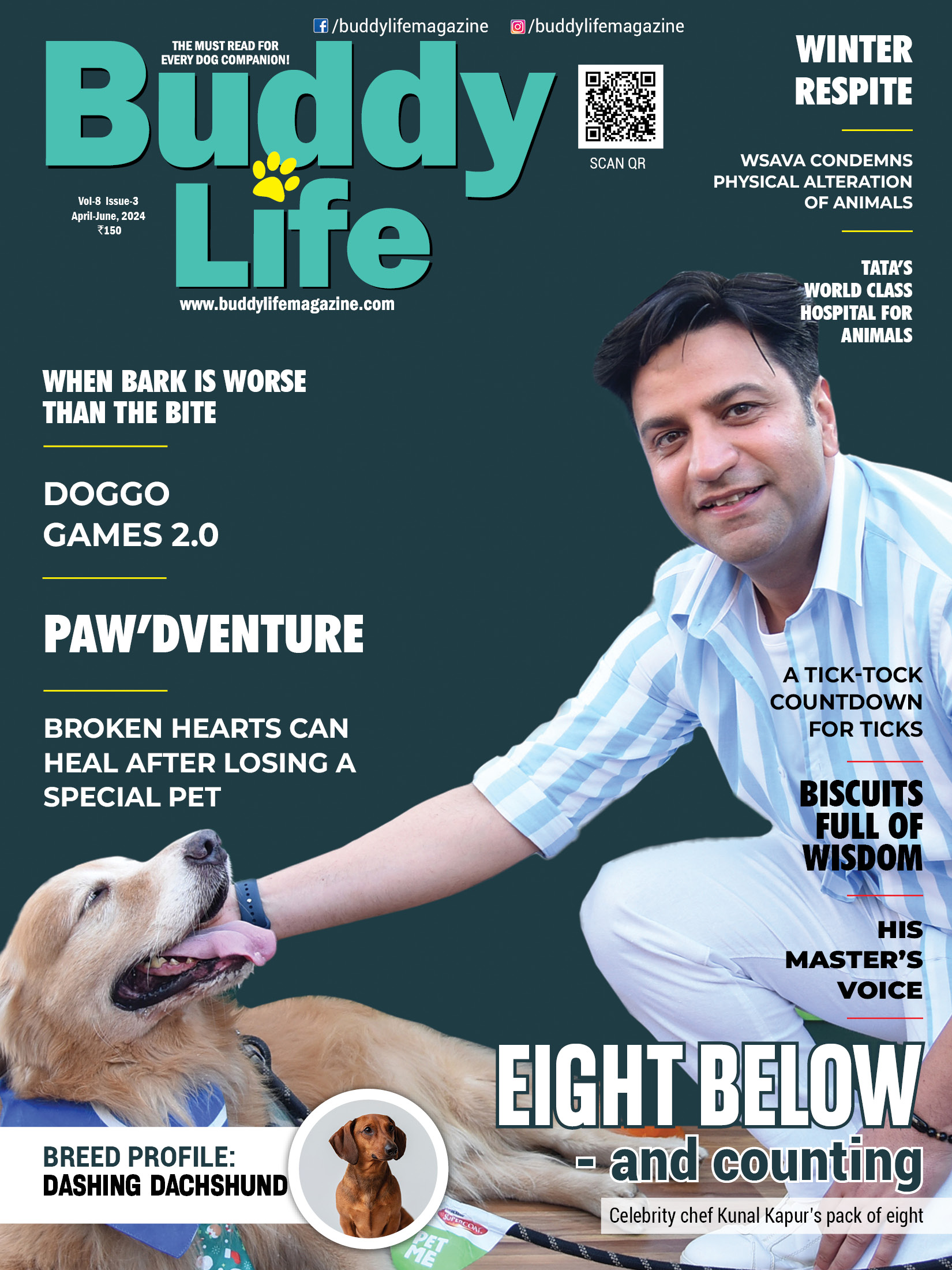




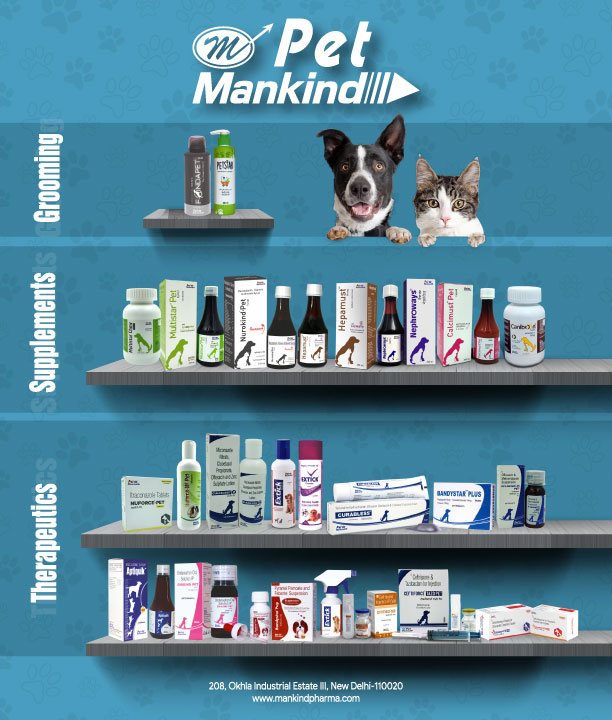

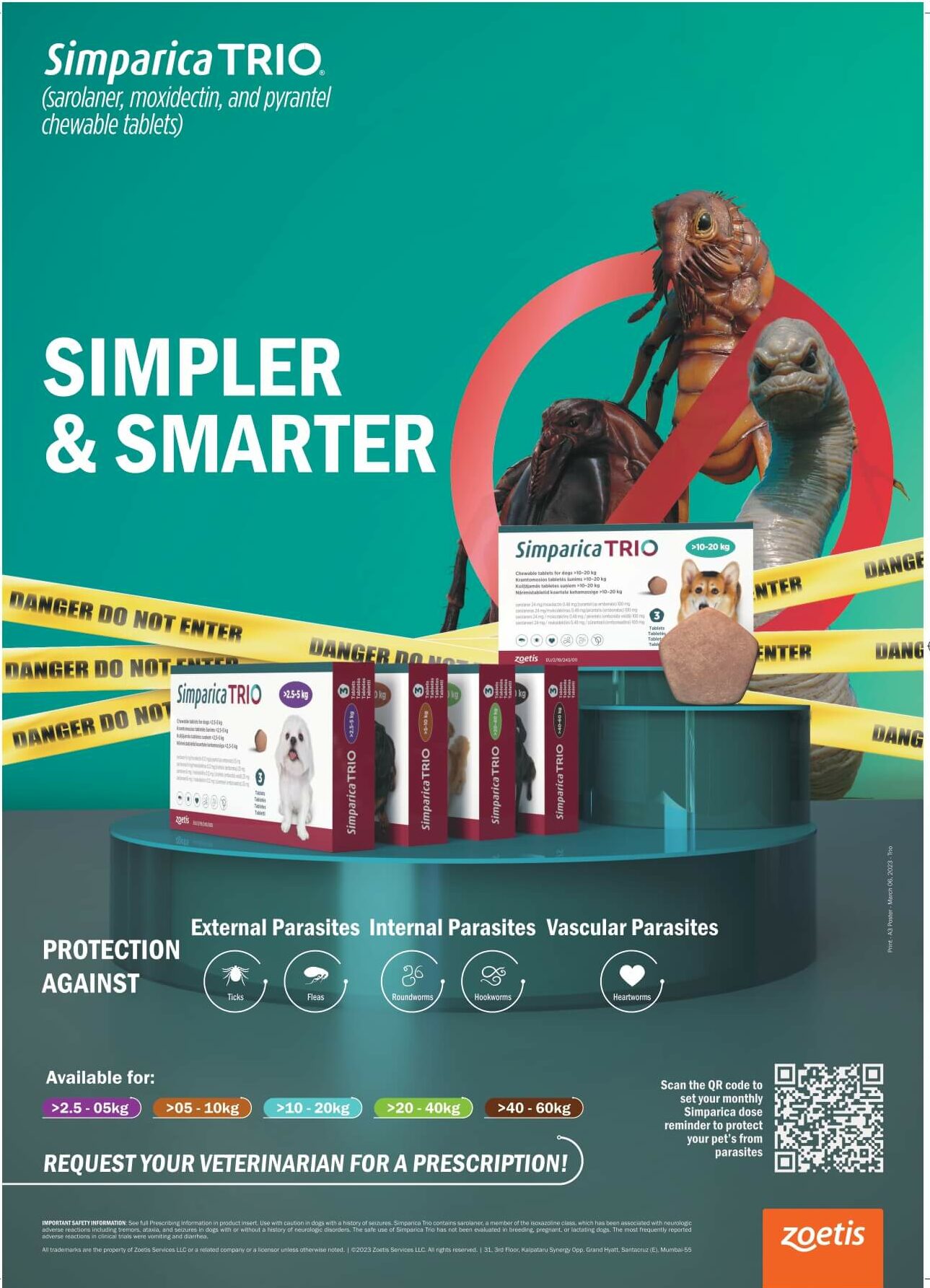


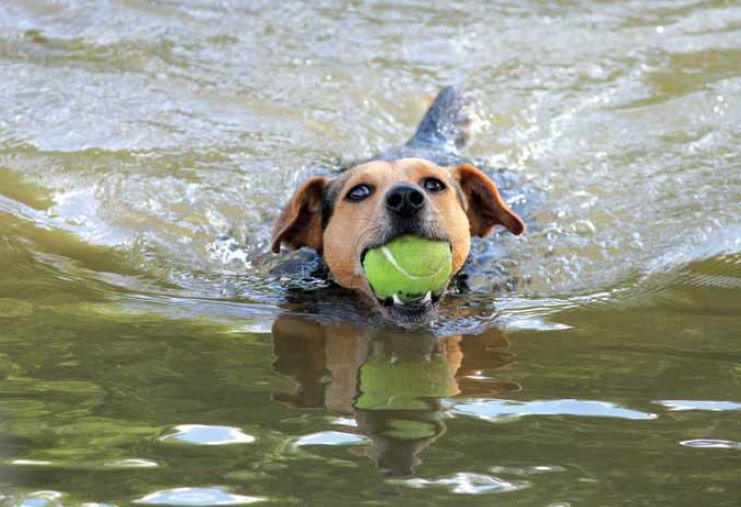 " >
" >
 " >
" >